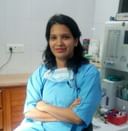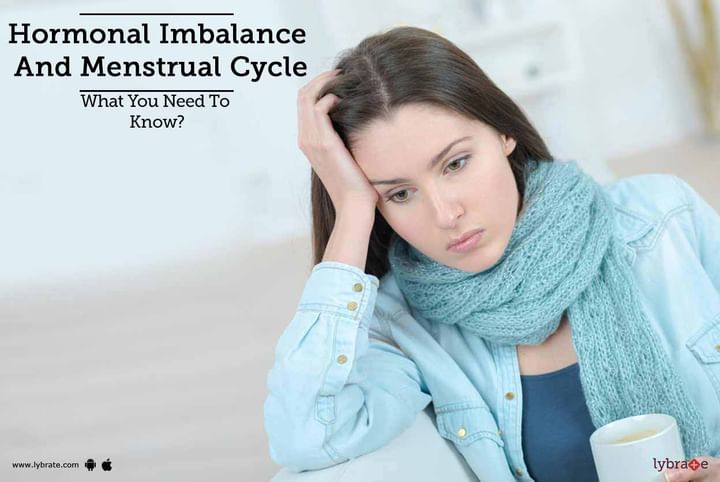Hormonal Imbalance And Menstrual Cycle: What You Need To Know?
The cyclical change in the uterus and ovaries of the female reproductive system is called the menstrual cycle. It includes changes in the physiology of the uterus along with the change in hormones as well. This cyclical change is what allows a woman to get pregnant. This cycle allows the formation of ovocytes and helps to prepare the uterus for implantation.
The commencement of period is called the menarche. It normally starts from the age of twelve to fifteen years. The time between the first day of the period and the first day of the next one is usually twenty one to forty five days in young adults and twenty one to thirty five in older women. The entire cycle is mainly governed by hormones like oestrogen, progesterone, Luteinizing Hormone etc.
Hormonal changes play a big role in the menstrual cycle. It consists of three phases
- Menstrual stage (1-7 days)
- Proliferative stage
- Secretory stage
In the menstrual stage, the thick endometrial lining of the uterus will start to shed and will come out of the vagina in the form of blood and mucous. This may last from four to seven days. The levels of both progesterone and estrogen remain low in this phase.
In the second stage, i.e, the proliferative stage, the amount of oestrogen gradually rises and the menstrual flow reduces and eventually stops. The Follicle stimulating Hormone (FSH) is produced in the brain that stimulates your ovaries to produce mature eggs. The eggs are present in a follicular bag, which allows the secretion of oestrogen. Hence the amount of oestrogen is the least on the first day and increases gradually. At the same time, the uterine lining starts to thicken. This is the phase in which the egg is produced and in the presence of sperm, gets fertilised.
You may notice a thin slippery discharge around these days that makes it easier for the sperm to travel and survive in the uterus. You are most fertile in this stage, around on the 14th day of the cycle when ovulation occurs. The egg survives for around 24 hrs, whereas sperm can survive for about 2-3 days.
In the secretory phase, if the egg is not fertilised, the levels of oestrogen and progesterone fall. The thick lining that has been produced starts to shed and that commences the menstruation. If the egg is fertilised, then it may implant itself to the uterine wall and produce the pregnancy hormone called human Chorionic Gonadotropin (hCG).



+1.svg)
